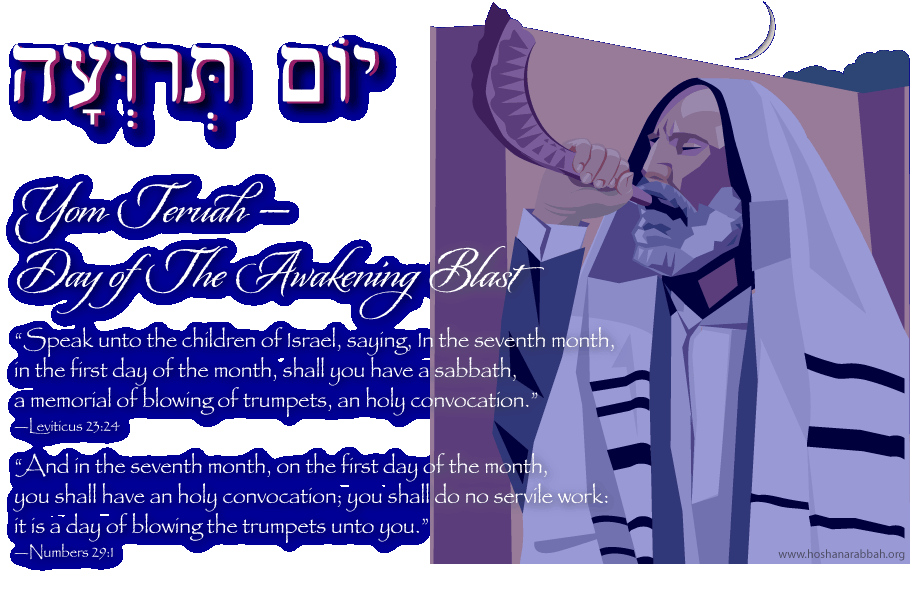
The Bible explicitly and implicitly delineates certain standards that must be met before one can assume leadership roles over the people of YHVH. Israelites should know what the Word of Elohim demands of leaders, and should expect leaders to meet those biblical standards. If they don’t, Israel should reject such individuals.
These standards must apply to leaders over and within congregations. Many individuals who are in ministry are not associated with a congregation, so it may be questioned whether these standards should apply to them as well. It seems self-evident that the same biblical standards that apply to leaders within a congregational context should also apply to itinerate minsters, while not connected to or holding leadership in a local congregation, yet they minister to local congregations, and therefore, are perceived to be leaders and elders within greater Israel by those they teach. Therefore, we take the approach that these ministry standards apply to all leaders within the spiritual body of Yeshua whether they are connected to a local body or not. The body of Yeshua is a interconnected, and all must be playing by the same rules, and be held to the same standards.
We draw, furthermore, from the whole counsel of YHVH’s Word (i.e., Genesis to Revelation) guidelines for leadership qualifications. YHVH’s standards of righteousness for his leaders has not changed over the ages, for he has not changed. His character is inviolate and immutable, and what he requires of those whom he has appointed as servants over his people has not changed and is based on his character, which defines his standards of righteousness.
Prevalent Non-biblical Standards for Leadership
Within the Christian church and, as an offshoot of that, within the Messianic or Hebrew Roots Movements, there are many non-biblical standards that, in the eyes of many people, qualify a person for leadership roles within the body of Yeshua. These “qualification,” in fact, may or may not meet YHVH’s standards of leadership. Some of these “qualification” include:
- Self-appointment resulting in the formation of a “successful” ministry.
- The use of ecclesiastical titles, the earning of academic degrees.
- Popularity among men.
- Oratory and public presentation skills.
- Professional-looking packaging of persons, ministries, websites and materials to merchandize.
- The size of one’s following, mailing list, ministry, or all the material trappings associated with the ministry.
- Length of time in the ministry.
- Acceptance among peers and within the church.
- Financial or material success.
- The number of books published, the number electronic media one has been on.
The Bible nowhere indicates that any of these criteria necessarily qualify one to be in a leadership role. In fact, the biblical record clearly shows that usually the more popular (among men) and successful (by worldly standards) religious leaders were, in fact, more unpopular with YHVH. Yeshua, for example, when addressing the religious leaders of his day, emphatically stated that that which is highly esteemed (uplifted, eminent, exalted, influential or honorable) of men is an abomination (or a foul thing, detestable or idolatrous) in the sight of Elohim (Luke 16:15). Why is this? Because YHVH looks at the heart of man, not on the outward appearance of things (1 Sam 16:7; Isa 29:13; Matt 15:8). YHVH sees the true content of a man’s character, which is often hidden under the false facade of appearance.
Biblical Standards of Leadership
What are some of the more obvious biblical standards that must be applied to all spiritual leaders? Those leaders who reject any of these criteria, we reject them as not meeting the biblical standards of leadership. The following is a list of criteria that one must meet in order to meet the qualifications of biblical leadership.
Continue reading



